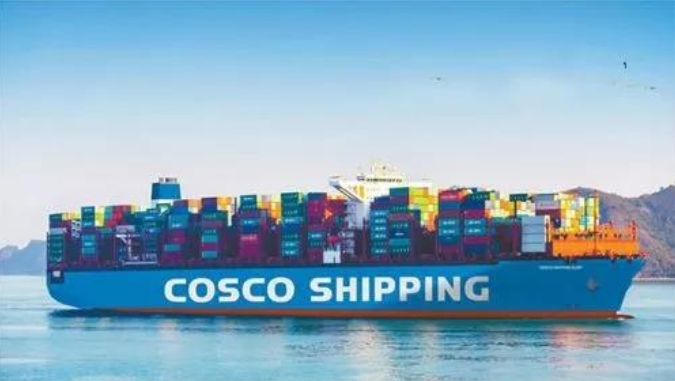
Introduction
Navigating the complexities of oversized cargo shipments between China and Africa requires specialized logistics expertise in today's expanding global trade environment. As economic ties strengthen between these dynamic regions, the need for customized freight solutions for out-of-gauge (OOG) goods has grown significantly. This in-depth examination explores tailored container transport strategies for the African market, emphasizing how professional freight forwarders add value and what criteria businesses should consider when selecting their logistics partner.
Understanding OOG Cargo
Out of gauge (OOG) cargo refers to items that exceed the standard dimensions of regular shipping containers. These can range from oversized machinery and industrial equipment to large-scale infrastructure components. Transporting such items requires specialized containers, careful planning, and expert handling to ensure safe and efficient delivery.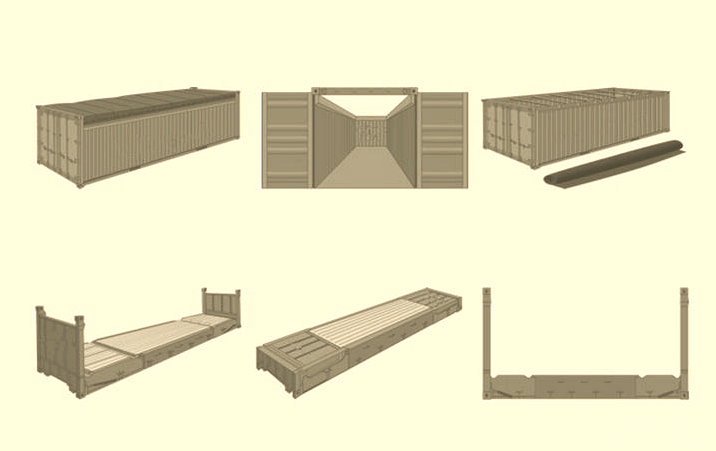
The China-Africa Trade Corridor
China and Africa have forged a robust trade relationship over the past decades, with China emerging as one of Africa's largest trading partners. The trade corridor between China and Africa encompasses a wide array of goods, including raw materials, consumer goods, and increasingly, out of gauge cargo. This trend underscores the need for specialized logistics solutions capable of handling the complexities associated with OOG shipments.
Challenges in OOG Transportation to Africa
1. Infrastructure Limitations
Many African countries face infrastructure challenges, including inadequate port facilities and limited road networks. These constraints can complicate the transportation of oversized cargo, necessitating meticulous route planning and coordination with local authorities.
2. Customs and Regulatory Compliance
Navigating the customs and regulatory landscape in Africa can be daunting. Each country has its own set of rules and procedures governing the importation of goods, particularly those classified as OOG. A competent cargo agent is crucial in ensuring compliance and avoiding costly delays.
3. Logistical Coordination
Coordinating the movement of OOG cargo involves multiple stakeholders, including shippers, freight forwarders, port operators, and inland transporters. Effective communication and collaboration are essential to streamline the process and mitigate risks.
Role of Cargo Agents in OOG Transportation
Cargo agents play a pivotal role in facilitating the transportation of OOG cargo from China to Africa. Their expertise lies in:
1. Route Planning and Optimization
Cargo agents leverage their extensive networks and local knowledge to devise optimal transportation routes. They consider factors such as port capabilities, road conditions, and customs clearance procedures to ensure the smooth movement of OOG cargo.
2. Documentation and Compliance
Handling the paperwork associated with OOG shipments can be overwhelming. Cargo agents manage all necessary documentation, including bills of lading, customs declarations, and permits, ensuring full compliance with international and local regulations.
3. Risk Management
Transporting OOG cargo involves inherent risks, from damage during transit to delays caused by unforeseen circumstances. Cargo agents implement risk mitigation strategies, such as insurance coverage and contingency planning, to protect their clients' interests.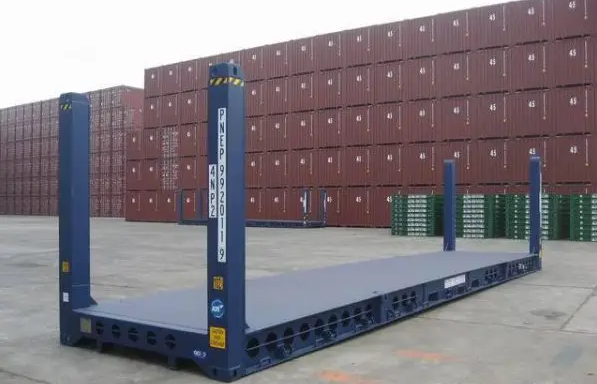
Selecting the Right Freight Service Provider
Choosing a reliable freight service provider is paramount in ensuring the success of OOG transportation projects. Here are key considerations:
1. Experience and Expertise
Look for a provider with a proven track record in handling OOG cargo. Experience in the China-Africa trade lane is particularly valuable, as it indicates familiarity with the unique challenges and requirements of this route.
2. Global Network and Local Presence
A robust global network of agents and partners is essential for seamless coordination across different regions. Additionally, a local presence in key African markets ensures better access to information and resources.
3. Technology and Innovation
Advanced logistics technologies, such as real-time tracking and digital documentation, enhance transparency and efficiency. Providers that invest in innovation demonstrate a commitment to staying ahead in a competitive market.
4. Customer Service and Support
Exceptional customer service is critical, especially when dealing with complex OOG shipments. Choose a provider that offers personalized support and is responsive to your needs throughout the transportation process.
Case Study: Successful OOG Transportation to Africa
A recent project undertaken by a leading freight service provider exemplifies the effective management of OOG cargo from China to Africa. The shipment involved transporting a large industrial generator to a power plant in Kenya. Key aspects of the project included:
1. Pre-Shipment Planning
Detailed route surveys were conducted to identify the most suitable ports and inland transportation routes. Customized containers were sourced to accommodate the generator's dimensions.
2. Customs Clearance
The cargo agent managed all customs formalities, ensuring compliance with Kenyan import regulations. This included securing necessary permits and coordinating with local authorities.
3. Inland Transportation
Specialized heavy-haul transporters were engaged to move the generator from the port to the power plant site. The route was carefully planned to avoid low bridges and narrow roads.
4. On-Site Installation Support
The freight service provider coordinated with the client's engineering team to oversee the installation of the generator, ensuring it was safely and correctly positioned.
The Future of OOG Transportation to Africa
As Africa continues to develop its infrastructure and industrial base, the demand for OOG cargo transportation is expected to grow. Innovations in container design, such as modular and expandable containers, will enhance the flexibility and efficiency of OOG shipments. Additionally, advancements in digital logistics platforms will improve visibility and coordination across the supply chain.
Conclusion
Transporting out of gauge cargo from China to Africa requires specialized knowledge, meticulous planning, and the right freight service provider. Cargo agents play a crucial role in navigating the complexities of OOG transportation, ensuring compliance, and mitigating risks. By selecting a reputable provider with a strong track record, such as Winsail Logistics (https://www.winsaillogistics.com), shippers can confidently embark on their OOG projects, knowing that their cargo is in safe and capable hands. As the China-Africa trade corridor continues to flourish, the demand for innovative and reliable OOG transportation solutions will only increase, presenting new opportunities for growth and collaboration in the international logistics sector.
-
 Comprehensive Analysis of Africa OOG Special Container Transportation SolutionsJul 29,2025
Comprehensive Analysis of Africa OOG Special Container Transportation SolutionsJul 29,2025 -
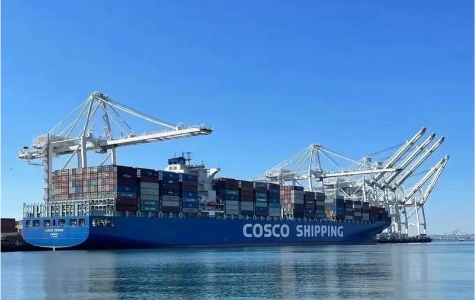 Comprehensive Analysis of Saudi OOG Special Container Transportation SolutionsJul 28,2025
Comprehensive Analysis of Saudi OOG Special Container Transportation SolutionsJul 28,2025 -
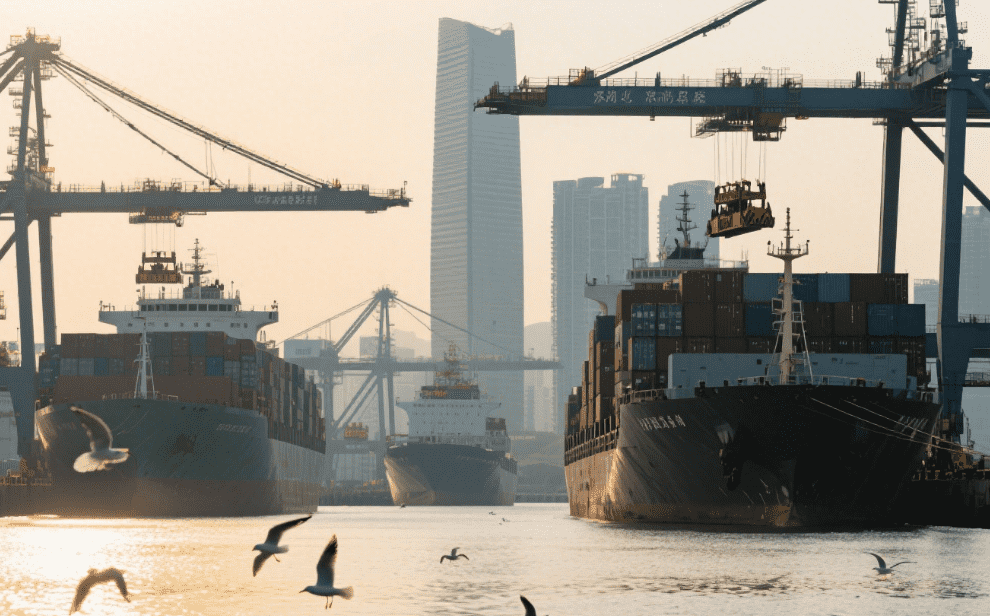 Shipping From China To Azerbaijan Cost And TimeJul 25,2025
Shipping From China To Azerbaijan Cost And TimeJul 25,2025 -
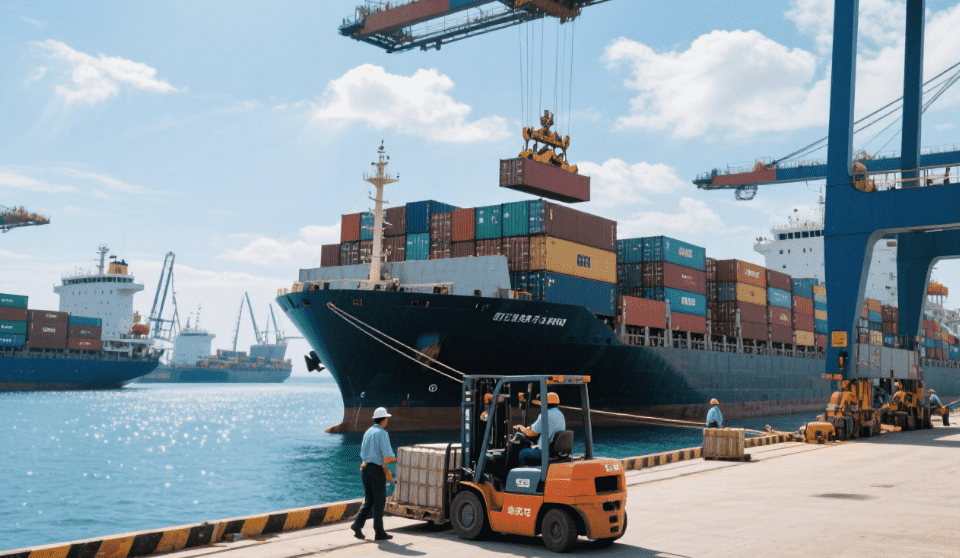 Shipping From China To Congo Cost And TimeJul 24,2025
Shipping From China To Congo Cost And TimeJul 24,2025 -
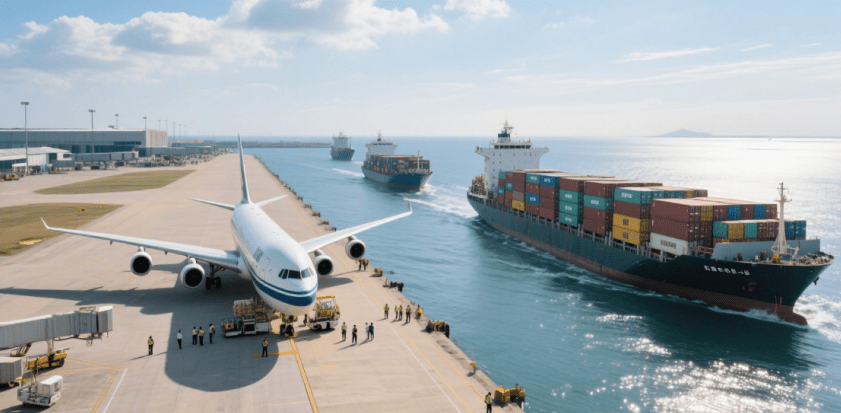 Shipping From China To Venezuela Cost And TimeJul 23,2025
Shipping From China To Venezuela Cost And TimeJul 23,2025 -
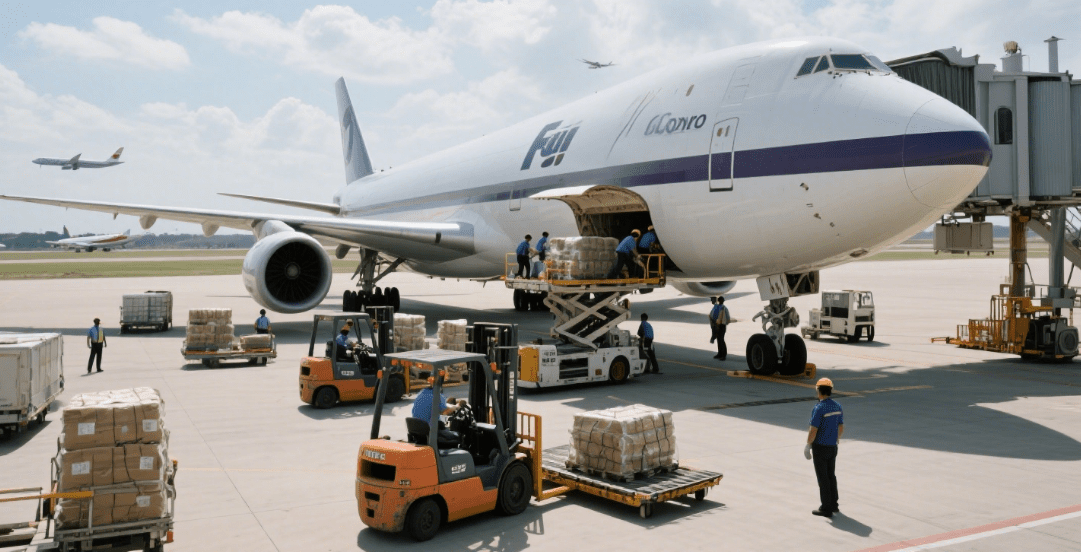 DDP Shipping From China To IranJul 22,2025
DDP Shipping From China To IranJul 22,2025

